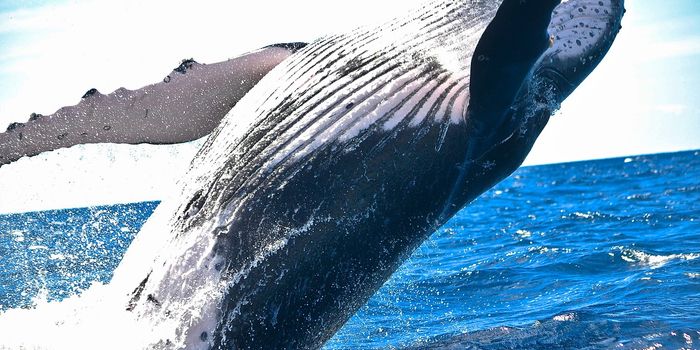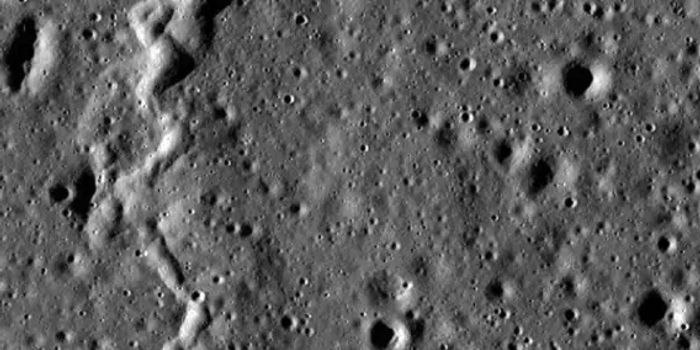Land subsidence projections for 2040
Results from a meta-analysis literature review of global land subsidence have been reported in a Policy Forum of Science. The findings warn that land subsidence – the sinking of land surfaces – will impact 19% of the world’s population within the next two decades. This environmental change will ultimately have significant economic consequences for many regions around the world.
Gerardo Herrera Garcia and his colleagues conducted the study by analyzing the groundwater depletion and subsequent land subsidence at 200 sites in 34 nations over the last century. The authors say that factors that cause subsidence, such as high population density and groundwater demand for irrigation, will be exacerbated in the years to come due to the droughts and increased aridity brought on by climate change.
The researchers say that policies that protect against groundwater removal and monitor damage will be key to confronting global land subsidence. In their report, they describe a model they have developed that they say offers "a key first step toward formulating effective land-subsidence policies that are lacking in most countries worldwide."
The model uses spatial and statistical analyses to identify the risk of land subsidence in certain areas based on factors like flooding and groundwater depletion caused by human activities. The tea showed that their model was able to identify subsidence and non-subsidence areas with 94% accuracy when compared to independent validation datasets.

The model also took into consideration the economic impacts that land subsidence has, calculating that 21% of the global Gross Domestic Product will be impacted by subsidence by 2040. The authors say that parts of Asia is particularly susceptible to subsidence and the resulting economic consequences, citing a total exposed GDP of $9.78 trillion.
The team hopes that their analysis will shed light on the complex issue of land subsidence as well as raise awareness and inform decision-making.
Sources: Science, Eureka Alert








